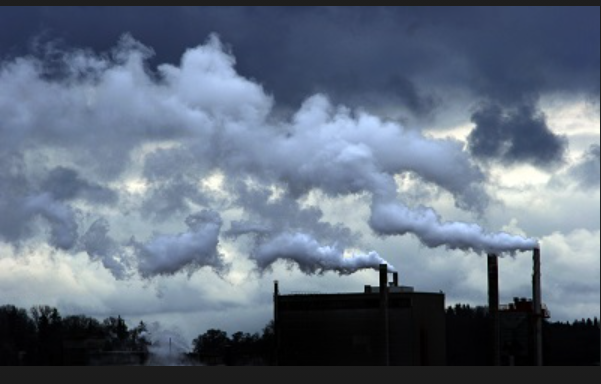
More and more Swedish banks are turning loan applicants away if their businesses are deemed not clean enough to “deserve” a credit.
Swedbank AB, the country’s biggest mortgage bank, just became the latest in the country to limit lending based on climate criteria.

Access deeper industry intelligence
Experience unmatched clarity with a single platform that combines unique data, AI, and human expertise.
The Stockholm-based bank won’t provide fresh credit for new oil and gas projects. Nor will it provide funds to enable production in the Arctic.
A similar model was launched at SEB AB late last year.
The bank, which brought the world its first green bond more than a decade ago, said in November it will start setting ultimatums for corporate clients and withhold credit from the worst polluters.
A reaction to growing public pressure
The development comes amid criticism that banks aren’t doing enough within their core lending operations to address climate change.

US Tariffs are shifting - will you react or anticipate?
Don’t let policy changes catch you off guard. Stay proactive with real-time data and expert analysis.
By GlobalDataMost in the industry have made saving the environment a clear strategy in their asset management units, but continue to provide credit to companies that hurt the climate.
Since signing the Paris agreement, the loan departments of 10 leading Nordic banks provided almost $70BN in credit to companies and projects in coal, oil and gas, according to a report published earlier this week.
Move leaves “a lot of loopholes”
Jakob Konig, project leader at the Stockholm-based organisation that compiled the report, called Swedbank’s new policy ”a positive step.”
But he also said it’s “not what we were hoping for” in terms of scope. Swedbank’s plan “leaves a lot of loopholes where the bank can continue to finance some of the most climate-damaging activities, if not directly then indirectly,” he said.
Meanwhile, there’s plenty of evidence that climate change is moving faster than first feared.
A report published on Tuesday shows global warming is causing oceans to rise quicker than even the most pessimistic forecasts, putting greater pressure on economies to rein in carbon emissions.







